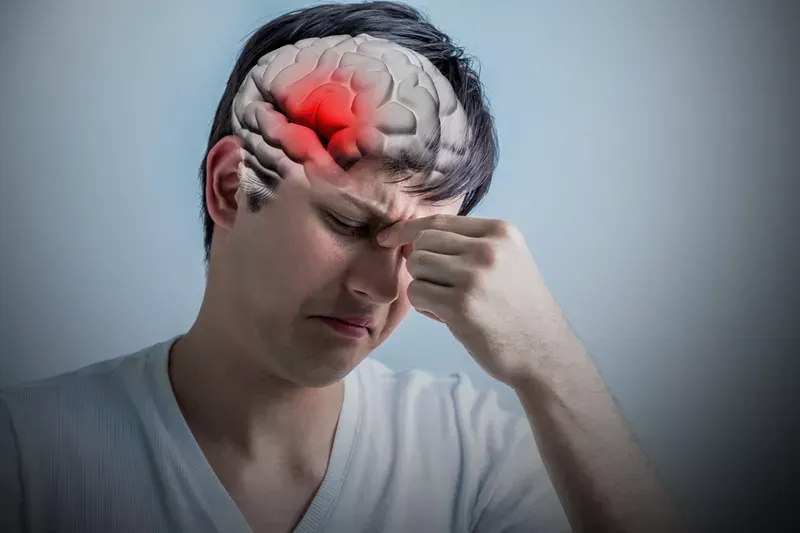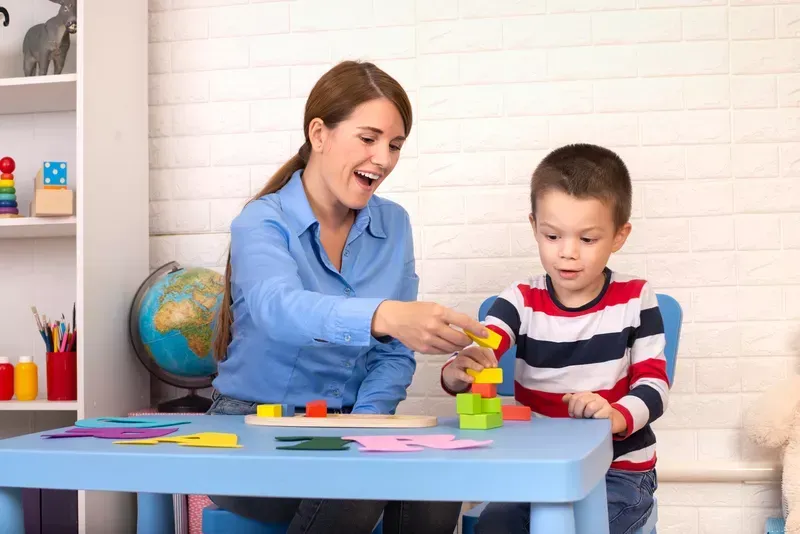BLOG
Understanding Juvenile Dementia
Juvenile dementia is a rare and often misunderstood condition that affects children and adolescents. Unlike the more commonly known forms of dementia that typically affect older adults, juvenile dementia strikes at a much younger age, leading to a host of unique challenges for both the affected individuals and their families. This condition is marked by a progressive decline in cognitive function, which can severely impact a child's ability to learn, communicate, and perform everyday tasks. Due to its rarity, juvenile dementia is often overlooked, making awareness and understanding all the more important.
Understanding juvenile dementia requires recognizing that it is not a single disease but rather a symptom of various underlying conditions. These conditions can cause significant cognitive and neurological impairments, often leading to a gradual loss of memory, reasoning, and other critical brain functions. Early diagnosis and intervention are crucial in managing the progression of the disease and improving the quality of life for those affected.
This article will explore what juvenile dementia is, its causes and risk factors, its impact on children and families, and the treatment options available for managing this challenging condition.
What is Juvenile Dementia?
This form of dementia, also known as pediatric or childhood dementia, is a condition characterized by a decline in cognitive abilities that is severe enough to interfere with daily life. This decline is caused by various neurological conditions that affect the brain's ability to function normally. Unlike adult-onset dementia, which typically develops in the later stages of life, juvenile dementia can occur in children as young as two years old and up to adolescence.

There are several different types of juvenile dementia, each associated with a specific underlying condition. Some of the more common types include Sanfilippo syndrome, Batten disease, Niemann-Pick disease, and Lafora disease. These conditions are often genetic and can be inherited from one or both parents. The progression of juvenile dementia can vary, with some children experiencing a rapid decline in cognitive abilities, while others may have a slower progression.
The key characteristics of juvenile dementia include a marked decline in cognitive function, difficulties with learning and retaining new information, and changes in behavior and personality. Children with juvenile dementia may also experience physical symptoms such as seizures, difficulty walking, and problems with vision and hearing.
Causes and Risk Factors of Juvenile Dementia
The causes are primarily linked to genetic and neurological disorders. Many of the conditions that lead to juvenile dementia are inherited, meaning they are passed down from parents to their children through their genes. For example, Sanfilippo syndrome is a genetic disorder caused by a deficiency in certain enzymes that leads to the buildup of harmful substances in the brain, resulting in cognitive decline. Batten disease is another genetic disorder that affects the nervous system and leads to progressive neurological impairment.
Certain environmental factors can also play a role in the development of juvenile dementia. These may include exposure to toxins, infections, or traumatic brain injuries. However, genetic factors are the predominant cause of juvenile dementia, and in many cases, the condition is present at birth or develops early in life due to inherited genetic mutations.
Impact on Children and Families
Juvenile dementia has a profound impact on both the affected child and their family. For the child, the condition can lead to significant cognitive and physical impairments that affect every aspect of their life. As the disease progresses, children may lose the ability to perform basic tasks such as feeding themselves, dressing, and communicating. This loss of independence can be particularly challenging for children who were previously able to perform these tasks on their own. The cognitive decline associated with juvenile dementia can also lead to frustration, anxiety, and depression in the affected child.
For families, the diagnosis can be devastating. Parents and caregivers are often faced with the emotional burden of watching their child’s cognitive abilities decline while also managing the practical challenges of providing care. The need for constant supervision and assistance can be overwhelming, and many families struggle with feelings of helplessness and grief. Additionally, the financial burden of caring for a child with this form of dementia can be significant, as specialized medical care, therapies, and support services are often required.
Treatment and Management
While there is currently no cure for juvenile dementia, treatment options are available that can help manage the symptoms and improve the quality of life for affected children. The treatment approach typically involves a combination of medical interventions, therapies, and supportive care. Medications may be prescribed to manage symptoms such as seizures, anxiety, and depression, while physical, occupational, and speech therapies can help maintain the child’s functional abilities for as long as possible.

Managing this requires a multidisciplinary approach to care that involves healthcare providers, therapists, educators, and support organizations. Each member of the care team plays a crucial role in addressing the various aspects of the child’s condition and ensuring that the child receives comprehensive care. This approach also involves working closely with the family to provide education, support, and resources to help them navigate the challenges of the condition.
Find Out More
Juvenile dementia is a rare and challenging condition that requires a deep understanding and a compassionate approach to care. If you or someone you know is dealing with juvenile dementia, it is important to seek professional advice and explore the resources available to support you on this journey. Assured Senior Living is committed to providing compassionate and expert care for individuals with dementia and related conditions. Contact us today to learn more about how we can support you and your family.
Reaching out to Assured Senior Living can be a lifeline for families facing the heartbreaking reality of juvenile or childhood dementia. With their deep understanding and compassionate care, they offer more than just guidance—they offer hope. Navigating this journey can feel overwhelming and isolating, but with the support of a dedicated team, families can find comfort in knowing they are not alone. Assured Senior Living provides a safe haven where young individuals receive the specialized care they need, and families gain a community that truly understands their struggles and offers the strength to face each day.















